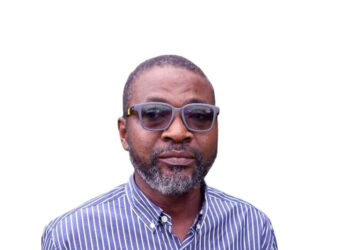President Muhammadu Buhari said that deaths from climate-related crises are higher in vulnerable countries.
The President stated this during the just concluded United Nations conference on the Least Developed Countries in Doha, Qatar.
According to Buhari, climate change remains one of the biggest existential threats facing humanity today, posing challenges to lives and livelihoods, and manifesting in different negative forms, including an increase in temperature, flooding, drought, and desertification. He said:
- “The Least Developed Countries, therefore, continue to suffer disproportionately from the effects of climate change, despite contributing the least to its causes. Deaths from climate-related crises are higher in the most vulnerable countries, with projections that there will continue to be an upward trend.”
Possible climate financing solutions: Last month, International Monetary Fund (IMF) Deputy Managing Director Bo Li said the financing needed to meet adaptation and mitigation goals is estimated at trillions of dollars annually until 2050. He said:
“But so far, we are seeing only around $630 billion a year in climate finance across the whole world, with only a fraction going to developing countries.”
According to him, the status quo is particularly concerning because emerging and developing economies have vast needs for climate finance. He said:
“And it underlines why it’s so important for advanced economies to meet or exceed the pledge of providing $100 billion per year in climate finance for developing countries.”
To boost climate financing, Li recommended the following:
- Redirect investment flows: Focus on the policies that can redirect investment flows from high-carbon projects towards climate-friendly opportunities. Think of smarter regulation, price signals, and well-targeted subsidies that incentivize low-carbon investment.
- Build capacity: There is a need to strengthen public financial management and public investment management related. Countries need the capacity to identify, appraise and select good quality projects, as well as to manage relevant fiscal risks.
- Develop innovative financial mechanisms: This includes de-risking instruments and a broader investor base. Investors who want to deploy capital into emerging and developing economies must overcome a host of constraints.
What you should know: Li also advocates for a mindset change for the public/private sector and multilateral institutions. He said:
- “That means being flexible, ready to complement a national strategy with a regional strategy as appropriate; or adopt a programmatic approach in addition to the traditional project-based approach in implementation to suit institutional mandates and needs.”
















.gif)






